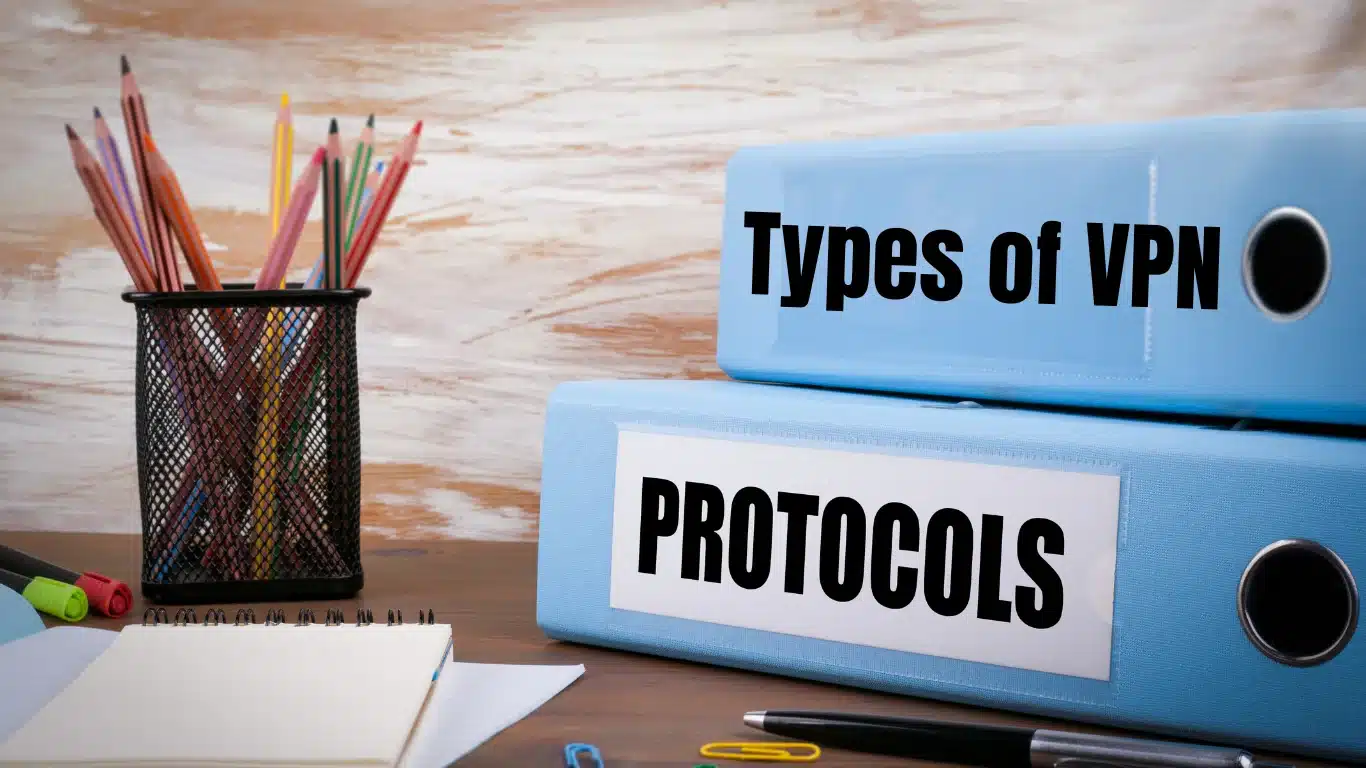Understanding the different types of VPN protocols is critical as the need for online privacy and security has grown. VPN protocols govern how data is sent between your device and the VPN server, ensuring that your online activities are secure and protected. When choosing the suitable VPN protocol, one size does not fit all. Each protocol has its strengths and weaknesses, and selecting the best one depends on your specific needs and requirements. Speed, security, and compatibility should be some of the primary considerations.
Common types of VPN protocols
PPTP (Point-to-Point Tunneling Protocol)
PPTP is one of the first and oldest VPN protocols and is still used today. It is supported by most operating systems and devices, making it widely accessible. However, it is the least secure option due to its weaker encryption. It is suitable for basic browsing and streaming but not recommended for sensitive activities that require a higher level of security.
L2TP/IPsec (Layer 2 Tunneling Protocol/IP Security)
L2TP/IPsec is a mix of two protocols, providing a secure and reliable connection. It creates a tunnel for data transmission, while IPsec encrypts the data. This protocol offers a good balance between security and speed, making it a popular choice for businesses and individuals alike. Most devices and operating systems support L2TP/IPsec.
OpenVPN
OpenVPN is an open-source protocol known for its strong security and flexibility. It uses OpenSSL encryption and supports various authentication methods, making it highly customizable. It is compatible with most platforms and offers excellent performance and stability. It is the gold standard of VPN protocols and is recommended for those who prioritize security.
SSTP (Secure Socket Tunneling Protocol)
SSTP is a Microsoft-developed protocol that is used on Windows devices. It uses SSL/TLS encryption, providing a high level of security. It is known for bypassing firewalls and is suitable for users who require access to restricted content. However, it is not as widely supported as other protocols and may not be available on all devices.
IKEv2 (Internet Key Exchange version 2)

IKEv2 is a protocol used with other encryption algorithms, such as IPsec. It is known for its fast connection speeds and ability to reconnect after a lost connection quickly. IKEv2 is particularly popular on mobile devices due to its ability to switch between different network connections seamlessly. Most modern operating systems support it.
WireGuard
WireGuard is a relatively new protocol with a goal to simplify the VPN setup process while maintaining strong security. It is lightweight, faster than most other protocols, and offers secure encryption using state-of-the-art cryptographic algorithms. While it has gained popularity due to its simplicity and efficiency, it is not as widely supported as other protocols.
Comparison of VPN protocols : speed, security, and compatibility

When comparing types of VPN protocols, several factors must be considered: speed, security, and compatibility. Speed refers to the performance of the VPN connection, with faster speeds providing a smoother browsing experience. Security is crucial for protecting your data and ensuring your online activities remain private. Compatibility determines whether the protocol is supported on your device or operating system.
PPTP offers fast speeds but lacks the security features of other protocols. Layer 2 Tunneling Protocol/IP Security balances speed and security and is compatible with most devices. OpenVPN offers excellent security and can be customized, but may be slower than other protocols. Secure Socket Tunneling Protocol is highly secure but may not be available on all devices. IKEv2 offers fast speeds and is particularly suitable for mobile devices. WireGuard combines speed and security, but its compatibility may be limited.
What to consider when choosing a VPN protocol?
When choosing a VPN protocol, consider the following factors:
- Security: Prioritize protocols with strong encryption and authentication to ensure your data remains secure.
- Speed: Consider your internet speed requirements and choose a protocol that offers fast and reliable connections.
- Compatibility: Ensure the VPN protocol is supported on your device or operating system.
- Ease of use: Some protocols may require more technical knowledge or setup than others. Choose one that suits your level of expertise.
- Extra features: Some protocols offer additional features, such as split tunnelling or ad-blocking, which may be necessary to you.
FAQ
What types of protocols are used in VPN?
VPN protocols are rules and algorithms determining how data is transmitted and encrypted from your device and the chosen VPN server. These protocols ensure the confidentiality, integrity, and authenticity of your data. There are several types of protocols used in VPNs, each with its unique features and characteristics.
What are the three types of VPNs?

Remote Access VPN: Remote Access VPN allows individuals to connect to a private network securely over the Internet. It is commonly used by employees who need to access their company’s resources while working remotely. Remote Access VPNs use encryption and authentication protocols to ensure the privacy and security of the connection.
Site-to-Site VPN: Site-to-Site VPN, also known as Router-to-Router VPN, connects multiple networks. It allows the branches or offices of an organization to communicate securely with each other. Site-to-site VPNs use tunnelling protocols to encrypt and encapsulate data between the networks.
Extranet VPN: Extranet VPN enables secure communication between a company’s internal network and its trusted external partners or suppliers. It allows controlled access to specific resources for authorized external users. Extranet VPNs use encryption and authentication mechanisms to maintain the confidentiality and integrity of the shared data.
What are two major VPN types?
SSL VPN: Secure Sockets Layer (SSL) VPN uses SSL/TLS protocols to establish a secure connection between the user’s device and the VPN server. It is typically accessed via a web browser and does not require installing additional software. SSL VPNs provide secure remote access and are used by organizations to grant external users access to specific applications or services.
IPSec VPN: IPSec VPN, as mentioned earlier, is a network-layer protocol suite that provides secure communication over the Internet. It can bInternetn both remote access and site-to-site VPN configurations. IPSec VPNs offer robust security and are widely supported by devices and operating systems.
Conclusion: Types of VPN protocols
In conclusion, understanding the different types of VPN protocols is essential for safeguarding your online activities. Each protocol has its strengths and weaknesses, and choosing the right one depends on your requirements. Whether you prioritize speed, security, or compatibility, there is a VPN protocol available to meet your needs. By considering the factors included in this guide, you can make an educated decision and a secure and seamless browsing experience. Stay safe online by choosing the proper VPN protocol for your needs.





